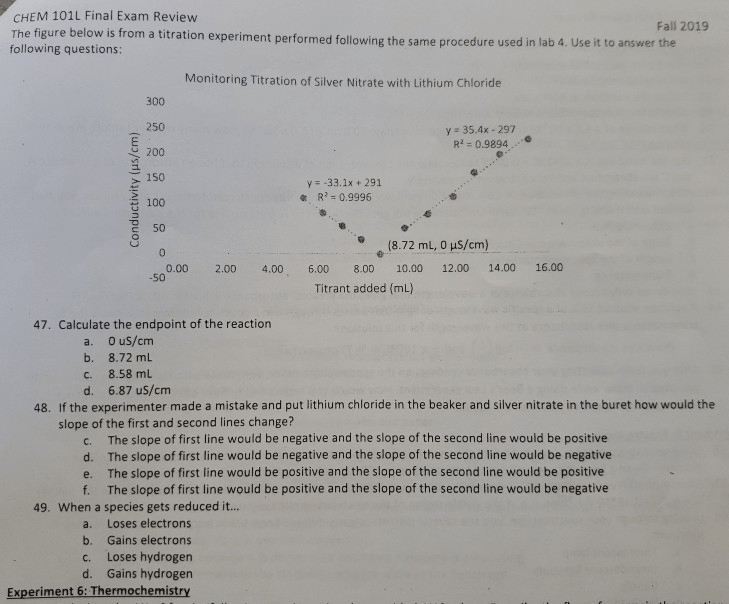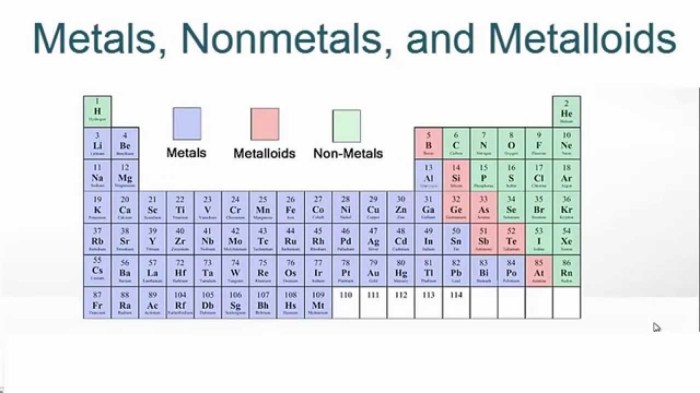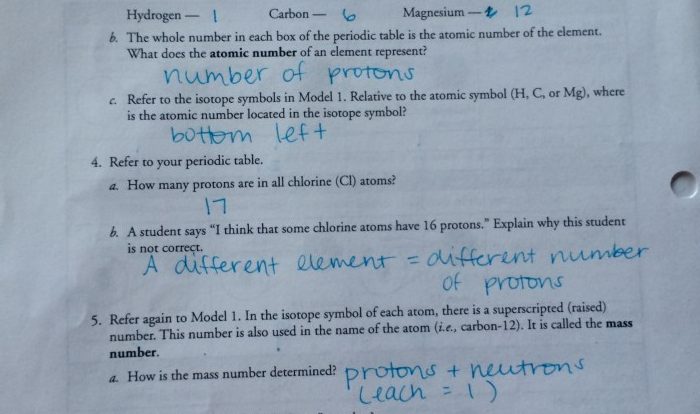Embark on a journey of academic excellence with our comprehensive guide to Chem 101 final exam practice. Immerse yourself in a wealth of resources, strategies, and practice questions designed to empower you for success.
Our expert insights will unravel the intricacies of the exam structure, revealing the types of questions and their weightage. We’ll delve into the essential topics, highlighting their relative importance and providing a roadmap for focused study.
Exam Structure
Chem 101 final exams typically comprise a mix of question formats, each carrying varying weightage. Understanding this structure and the common topics tested can help you strategize your preparation effectively.
Question Types
Exams often include multiple-choice questions (MCQs), short answer questions (SAQs), and problem-solving questions. MCQs test your understanding of concepts and often carry a lower weightage. SAQs require concise answers, demonstrating your grasp of specific topics. Problem-solving questions, typically carrying the highest weightage, assess your ability to apply concepts to solve chemical problems.
Studying for your chem 101 final exam practice can be tough, but don’t worry, you’re not alone. Many resources are available to help you prepare, including the unit 6 apush study guide . This guide provides a comprehensive review of the material you need to know for the exam.
Once you’ve mastered the material, you’ll be well on your way to acing your chem 101 final exam practice.
Common Topics
Final exams usually cover a wide range of topics from the entire semester. Some commonly tested areas include:
- Atomic structure and periodicity
- Chemical bonding and molecular geometry
- Thermochemistry
- Chemical kinetics
- Equilibrium
- Acids and bases
- Electrochemistry
The relative importance of each topic varies depending on the specific course curriculum, but these areas generally constitute a significant portion of the exam.
Study Resources

In the quest for exam preparation, it’s crucial to arm yourself with the right tools. Here’s a curated list of textbooks, study guides, and online resources to empower your learning journey:
Textbooks
- Chemistry: The Central Scienceby Theodore L. Brown, H. Eugene LeMay, Jr., Bruce E. Bursten, and Catherine J.
Murphy: A comprehensive textbook that covers a wide range of chemistry concepts with clear explanations and numerous examples.
- General Chemistryby Raymond Chang and Kenneth A. Goldsby: Known for its user-friendly approach, this textbook presents chemistry in a visually engaging manner with real-world applications.
- Chemistryby Steven S. Zumdahl and Susan A. Zumdahl: A popular textbook that emphasizes problem-solving skills and provides ample practice exercises.
Study Guides
- Study Guide for Chemistryby Nivaldo J. Tro: A comprehensive study guide that provides chapter summaries, practice problems, and self-tests.
- Student Solutions Manual for Chemistryby Theodore L. Brown, H. Eugene LeMay, Jr., Bruce E. Bursten, and Catherine J.
Murphy: This manual offers detailed solutions to all end-of-chapter problems in the corresponding textbook.
- Chemistry Study Guideby David E. Goldberg: A concise guide that focuses on key concepts and provides practice questions with detailed explanations.
Online Resources, Chem 101 final exam practice
- Khan Academy Chemistry: A free online platform that offers video tutorials, practice exercises, and personalized learning paths.
- Crash Course Chemistry: A series of engaging videos that cover a wide range of chemistry topics in a fun and accessible manner.
- ChemCollective: An interactive online platform that provides simulations, games, and other resources to enhance understanding of chemistry concepts.
Exam Preparation Strategies
Preparing for your Chemistry 101 final exam requires a strategic approach. To excel, you must employ effective study techniques, manage your time wisely, and develop a deep understanding of the subject matter.
To comprehend complex concepts, break them down into smaller, manageable chunks. Utilize visual aids like diagrams and flowcharts to enhance your understanding. For memorizing key information, employ flashcards, mnemonic devices, and repetition. Regular practice of problem-solving exercises will strengthen your analytical skills and boost your confidence.
Time Management
Time management is crucial for exam preparation. Create a study schedule that allocates specific time slots for each topic. Prioritize difficult concepts and allocate more time to them. Take regular breaks to prevent burnout and enhance focus.
Effective Study Techniques
Effective study techniques include active recall, spaced repetition, and interleaving. Active recall involves retrieving information from memory without looking at your notes. Spaced repetition involves reviewing material at increasing intervals to strengthen memory. Interleaving involves mixing up different topics during your study sessions to improve retention.
Practice Questions
Engage in comprehensive practice to solidify your understanding of the key concepts tested in the exam. This table presents a diverse range of questions, encompassing multiple-choice, short answer, and problem-solving formats, ensuring you encounter various question types.
Multiple-Choice Questions
- Which of the following is NOT a characteristic of a chemical reaction?
- Release or absorption of energy
- Formation of new substances
- Change in temperature
- Unchanged number of atoms
Short Answer Questions
- Define the term “stoichiometry” and explain its significance in chemical reactions.
- Describe the process of balancing a chemical equation and provide an example.
Problem-Solving Questions
- Calculate the mass of sodium chloride produced when 5.0 g of sodium reacts completely with excess chlorine gas.
- A solution contains 0.25 M of copper(II) sulfate. What is the concentration of copper ions in the solution?
Exam Day Tips
Preparing for an exam can be stressful, but there are strategies you can use to manage your stress and perform your best on exam day.
Here are some tips to help you prepare for and manage stress on exam day:
Time Allocation
Before the exam, create a time management plan that allocates specific amounts of time to each section of the exam. This will help you stay on track and avoid spending too much time on any one question.
Question Selection
When you receive the exam, take a few minutes to read through all the questions. This will help you identify the questions that you are most confident in and can answer quickly. Start with these questions to build your confidence and momentum.
Challenging Questions
If you encounter a challenging question, don’t panic. Take a deep breath and read the question carefully. Try to break down the question into smaller parts and focus on answering one part at a time. If you are still struggling, move on to another question and come back to the challenging question later.
FAQ Section: Chem 101 Final Exam Practice
How can I effectively prepare for the Chem 101 final exam?
Follow our recommended study strategies, utilize the provided resources, and engage in consistent practice to build a strong foundation.
What types of questions can I expect on the exam?
The exam typically includes a mix of multiple-choice, short answer, and problem-solving questions covering various topics in the course.
How can I manage stress on exam day?
Prepare thoroughly, arrive at the exam well-rested, and employ relaxation techniques to stay calm and focused during the exam.


